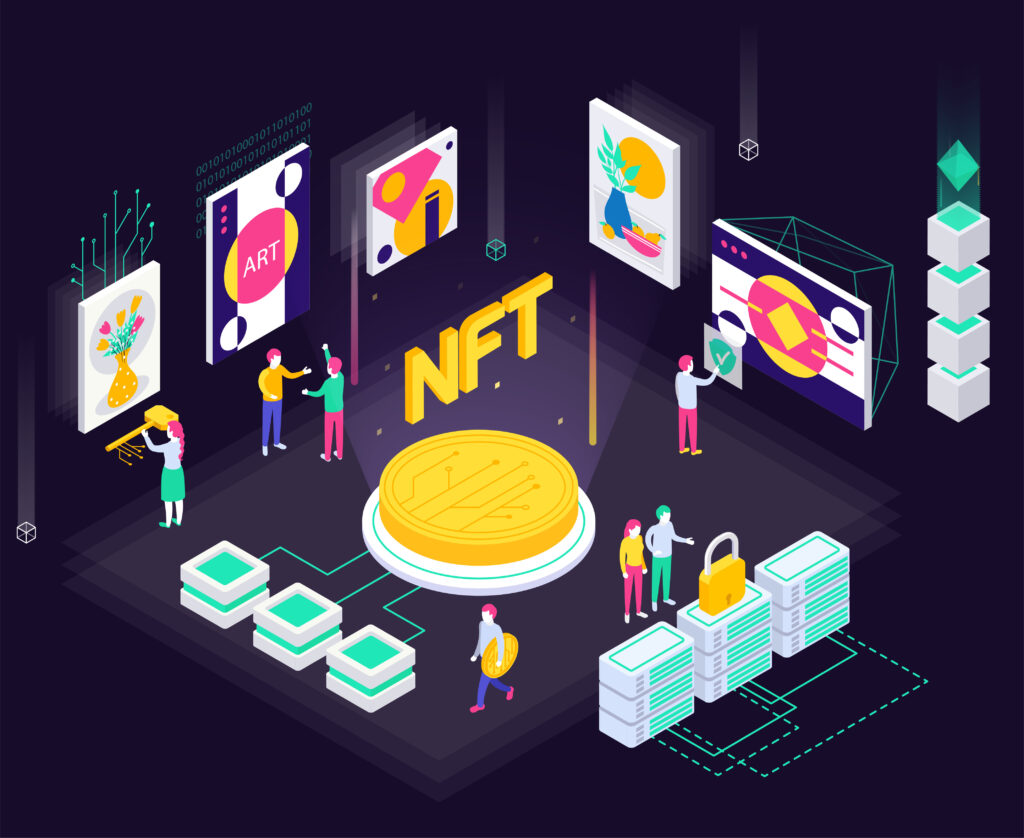
Privacy has always been important. It’s just human nature to want to protect our secrets and most personal information. In the online world, our online privacy and security is especially important, because the information we share there is available globally. If our sensitive online data is compromised, it could fall into the hands of literally anyone.
For these reasons and more, 59% of internet users worry about their personal info being stolen. For most of us, it’s important to have control over which companies can access and use our data, and we like to imagine they’ll be responsible custodians of it.
It’s no surprise, then, that the recent scandals surrounding the misuse of customer data by big companies like Facebook have caused such a storm.
Rumors about dubious data protection practices have been around for years, but it’s only now that the full extent of Facebook’s negligence is coming to light.
Nobody is sure what will happen as a result, but it’s a safe bet that Facebook will continue to use our data pretty extensively. That’s because it’s a huge money-spinner for them.
Why is our data so valuable
When we use sites like Facebook and Google, we essentially surrender control of our data. All the information we share and post using the platforms belongs to them.
That includes information about what we tend to search for, our interests, how we spend our time, and much more.
It’s extremely valuable to these companies because they work closely with advertisers to help them target ads at the right people. It makes sense: advertisers are likely to have much more success when they aim their ads at people who are already somewhat interested in their products.
This makes data an incredibly powerful resource for these platforms. It helps make them billions in ad revenue and keeps them at the top of their respective games.
It can be considered an invasion of privacy, and an intrusion into users’ personal affairs, but at least the platforms are upfront about their activities in this area.
The Cambridge Analytica Scandal
The Cambridge Analytica scandal, however, revealed a whole new layer of shady behavior. It turns out that Facebook had allowed a third-party political consulting firm to access the data of millions of their users.
This data was then used in political campaigns to influence votes. That’s a problem because none of the users had directly consented to their personal data being used this way.
Since the scandal broke, Facebook and similar platforms have come under heavy scrutiny about their ethics when it comes to our data.
It’s pretty unlikely that these tech giants will cease to exist, or even take a significant hit. But their reputations have suffered. In a recent survey, 40% of people said they were ‘concerned’ about how Facebook used their personal data, and another 44% were ‘very concerned’.
It boils down to the widely shared belief that privacy is a right. People seem to agree – quite passionately – that their privacy and security matter more than the profits of a tech company.
The result of all this controversy is that people want a change. There’s a big desire building for a new system where the privacy and security of our personal data is respected and assured.
It’s possible that the solution could be blockchain technology.
The blockchain approach
Blockchain, the technology underpinning cryptocurrencies like Bitcoin, is well-suited to building systems with privacy and security at the forefront.
The technology is by nature decentralized, transparent, secure, and anonymous. For these reasons, it has the potential to shift the balance of power in the online world.
By using blockchain responsibly to build new systems for handling data, it’ll be possible to move power away from established centralized platforms like Facebook and Google and return control to users.
One of the companies working towards this goal is Kind Ads. Entrepreneur Neil Patel, an advisor for the company, said in an interview with CoinCentral:
“it’s going to change the digital marketing landscape because you’ll be able to cut out the middleman more than anything else, and this industry really needs it.”
The ‘middleman’ here is the all-powerful platforms, the Facebooks, and Googles who dominate the space and require advertisers to work through them. By moving to a more decentralized model, users will be able to work with ad companies directly and decide who gets to access and use their data.
It’s a better model for everyone. Users retain control of their personal data, and advertisers can target people who really want to see their ads.
It’s a new way of doing things, one that ensures more peace of mind for users and a fairer way of handling sensitive data. And it’s sorely needed.
















Yes! Finally someone writes about gamefly.
Piece of writing writing is also a excitement, if you know afterward you can write or else it is
complex to write.
My spouse and I stumbled over here different page and thought I might check things out.
I like what I see so now i am following you. Look forward to exploring your web page yet again.
I really like what you guys are usually up too. This kind
of clever work and reporting! Keep up the fantastic works guys I’ve included you guys
to our blogroll.
clomid canada https://clomidweb.com/